Publications
Articles, publications, books, tools and multimedia features from the U.S. Institute of Peace provide the latest news, analysis, research findings, practitioner guides and reports, all related to the conflict zones and issues that are at the center of the Institute’s work to prevent and reduce violent conflict.
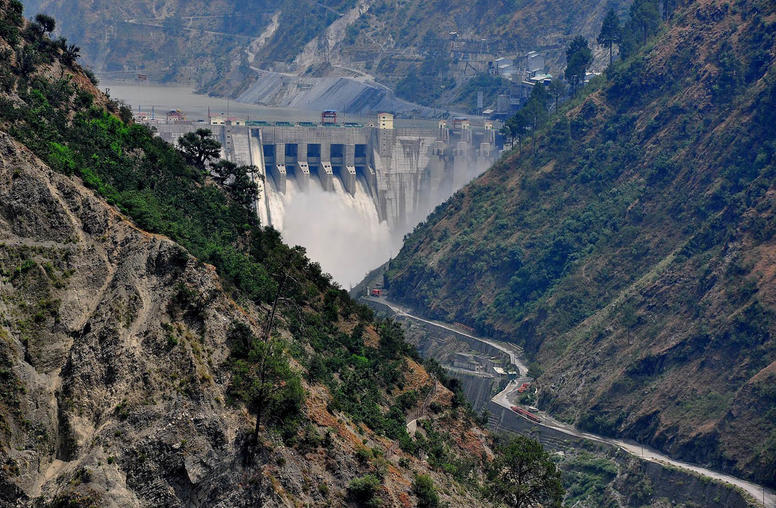
India and Pakistan Are Playing a Dangerous Game in the Indus Basin
On January 25, India sent a notice to Pakistan demanding the modification of the Indus Waters Treaty. Pakistan has so far refused to engage. The treaty, which India, Pakistan and the World Bank originally signed in 1960, allocates rights over the waters of several rivers in the Indus Basin to India and Pakistan.
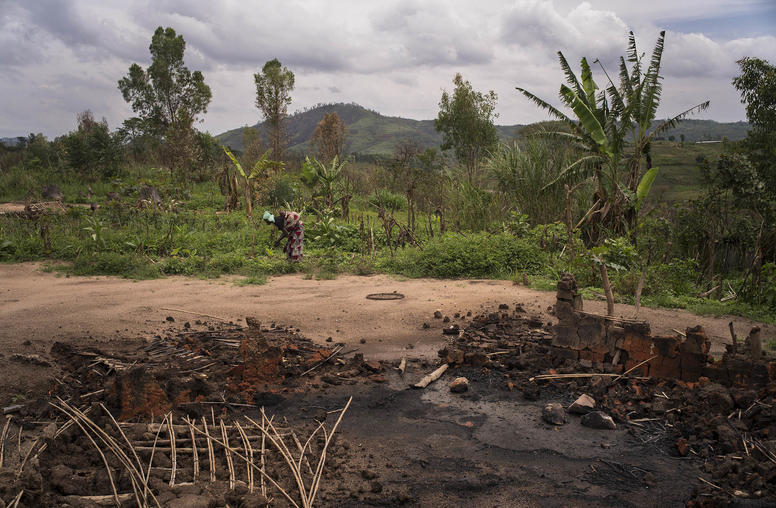
Saving Congo’s Forests Means Changing ‘Law Enforcement’
The Congo Basin rainforests, the world’s second largest, form the planet’s single greatest “carbon sink,” absorbing the atmospheric carbon dioxide that is overheating our planet. Yet this crucial front line against climate change is threatened by illegal and industrial logging, mining, oil and gas concessions and ongoing warfare in eastern Democratic Republic of the Congo (DRC). To save the rich and unique ecosystems of the Congo Basin forests, policies are needed to stop destructive resource exploitation and ongoing violence. This includes devising more effective, holistic approaches to upholding conservation laws in national parks and other protected areas.
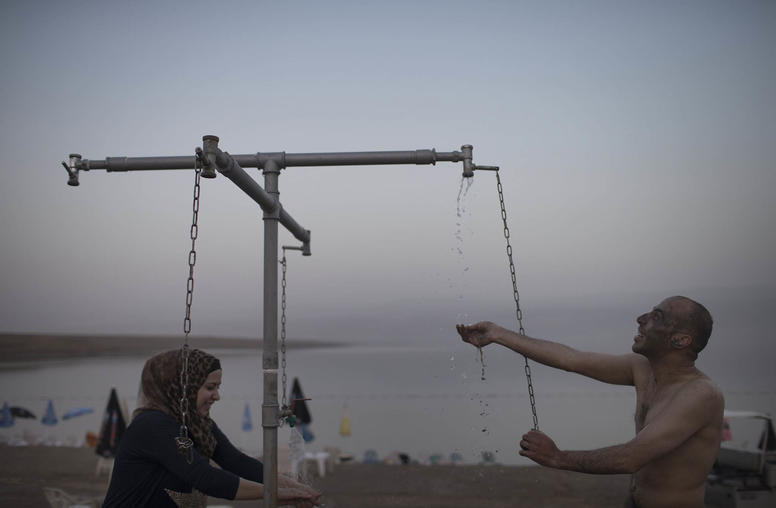
Water Can Be a Rare Win-Win for Israelis, Palestinians and the Region
From Israel’s turbulent electoral politics and Palestinian political dysfunction to the cycle of intercommunal violence in the West Bank and the humanitarian catastrophe in Gaza, it’s rare for much good news to come out of the Israeli-Palestinian context these days. But this June, a hopeful story emerged from the impoverished Gaza Strip when its Mediterranean beaches were deemed safe for swimming for the first time in decades.
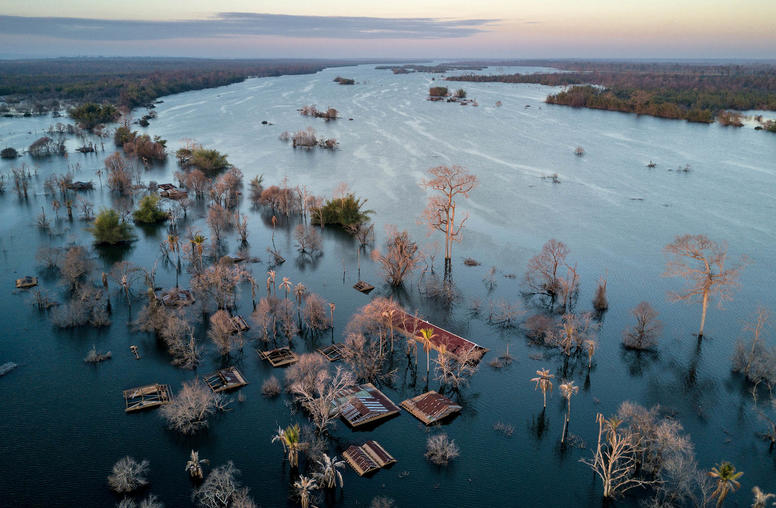
Is the Climate Crisis Leading to ‘Rupture’ in Southeast Asia’s Mekong?
In natural environments and in human societies, pressure for change can build up gradually for years, then suddenly reach a point of no return. Living in the new “Anthropocene” era of climate crisis, people worldwide are increasingly aware of the linkages between ecological, social and political stability. Stress in one of these domains can contribute to a rupture in others. According to human geographer Sango Mahanty, such a rupture is “a dramatic episode of nature-society disruption that is adverse, intense, and ripples across scales” of space and time. In Southeast Asia, one of the most visible instances of rupture is the explosion of dam construction on the Mekong River and its tributaries.
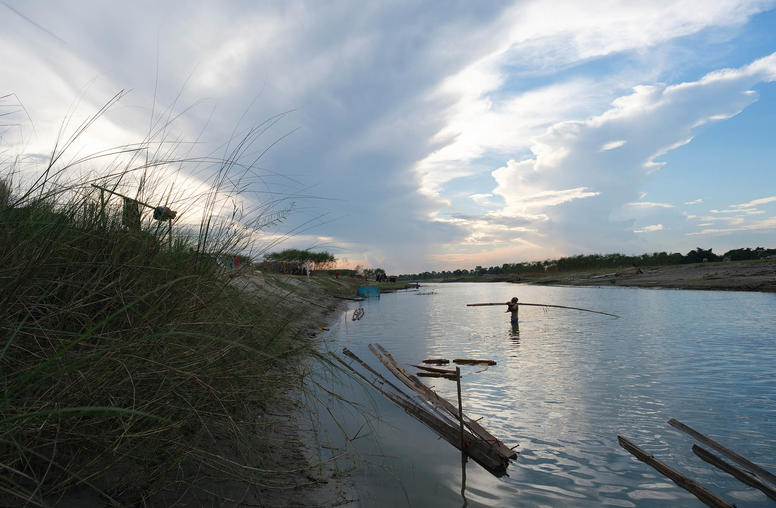
The Water Wars Myth: India, China and the Brahmaputra
South Asia’s Brahmaputra has been cited as one of the basins most at risk for interstate water conflict. While violent conflict has occurred between China and India within the Brahmaputra’s basin boundaries, the risks of conflict over water are in fact low. This is in part because China functionally contributes less to the Brahmaputra’s flow than is commonly perceived and in part because, despite its massive volume, the river can contribute little to solving India’s significant water security challenges. Nonetheless, the Brahmaputra is and will continue to be intimately connected to Sino-Indian tensions largely through the use of water infrastructure investment as a form of territorial demarcation and control.
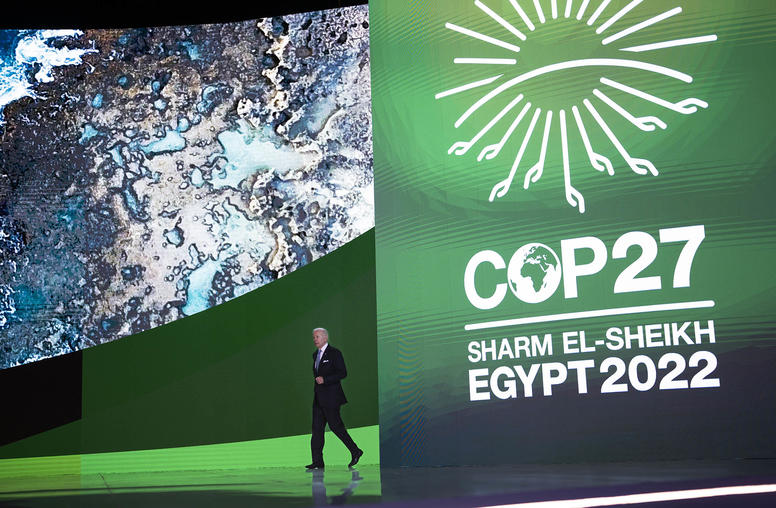
Four Takeaways from the COP27 Climate Conference
Many global headlines from last year have been shaped by — or contributed to — the visible impacts of climate change. From the floods in Pakistan to the droughts in East Africa, Europe’s energy crisis, global inflation and even the war in Ukraine, the gravity of the climate crisis has come into full focus for millions of people around the world.
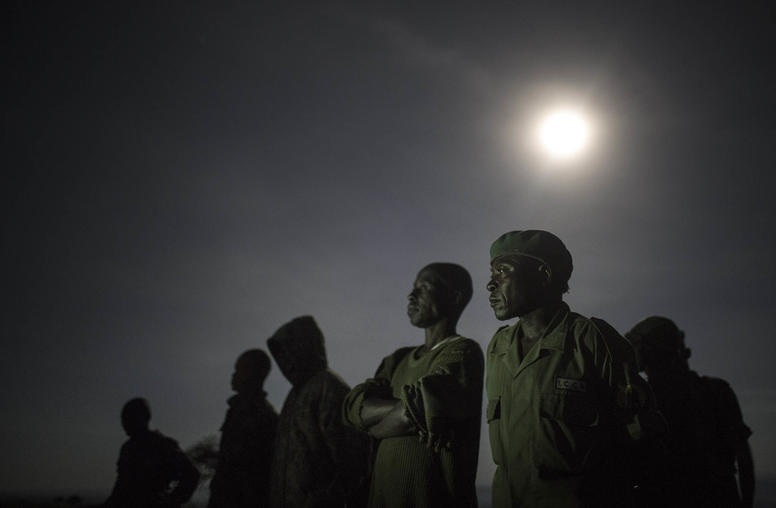
Armed Actors and Environmental Peacebuilding
The eastern provinces of the Democratic Republic of the Congo (DRC) have been the site of decades of conflict between the Congolese army and nonstate armed groups. The region’s conflict dynamics are profoundly affected by the combatants’ exploitation of and illegal trade in natural resources. Drawing lessons from eastern DRC, this report argues that the environmental peacebuilding field needs to do more to understand how armed actors shape resource governance and resource-related conflict, which in turn can lead to better-designed peacebuilding programs and interventions.
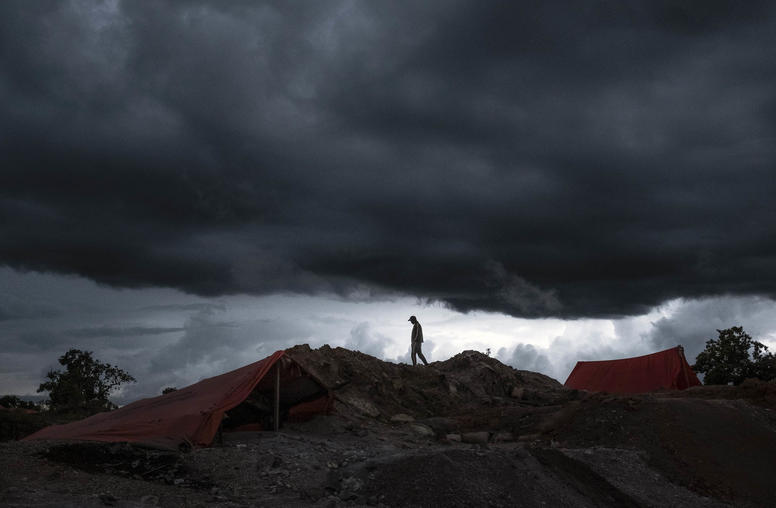
Moving Toward a Just Transition in Green Minerals
We need minerals to build the solar panels, wind turbines and other technologies that will decarbonize our economies — and we need a lot of them. The World Bank estimates that demand for lithium, cobalt and graphite could jump by as much as 500 percent by 2050. Yet mining for these resources has had a fraught history, and it continues to be associated with a hefty list of human rights and conflict risks, including violence, child labor, poor working conditions, land rights abuses, environmental damage and pollution, and a lack of community participation.

Tegan Blaine on the COP27 Climate Conference
As COP27 continues in Egypt, USIP's Tegan Blaine says, "The one issue that is really beginning to explode this year is the issue of loss and damage" and support for poorer countries. "They weren't responsible for the cause, and they don’t have the resources to [address climate change] on their own."
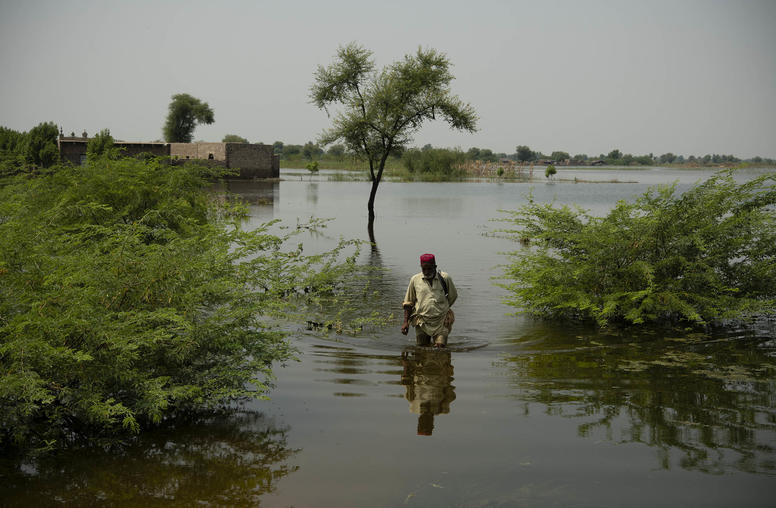
Pakistan’s Roadmap for COP27: In Search of a Strategic Vision
The international community has gathered this week in Egypt for the U.N. Climate Change Conference (COP27) and will be discussing a range of issues including loss and damage, climate finance, adaptation, and mitigation over the next two weeks. This year’s COP27 is being held in the aftermath of Pakistan’s disastrous summer floods, which led to the announcement that Pakistan’s Prime Minster Shahbaz Sharif will serve as vice-chair of the summit.